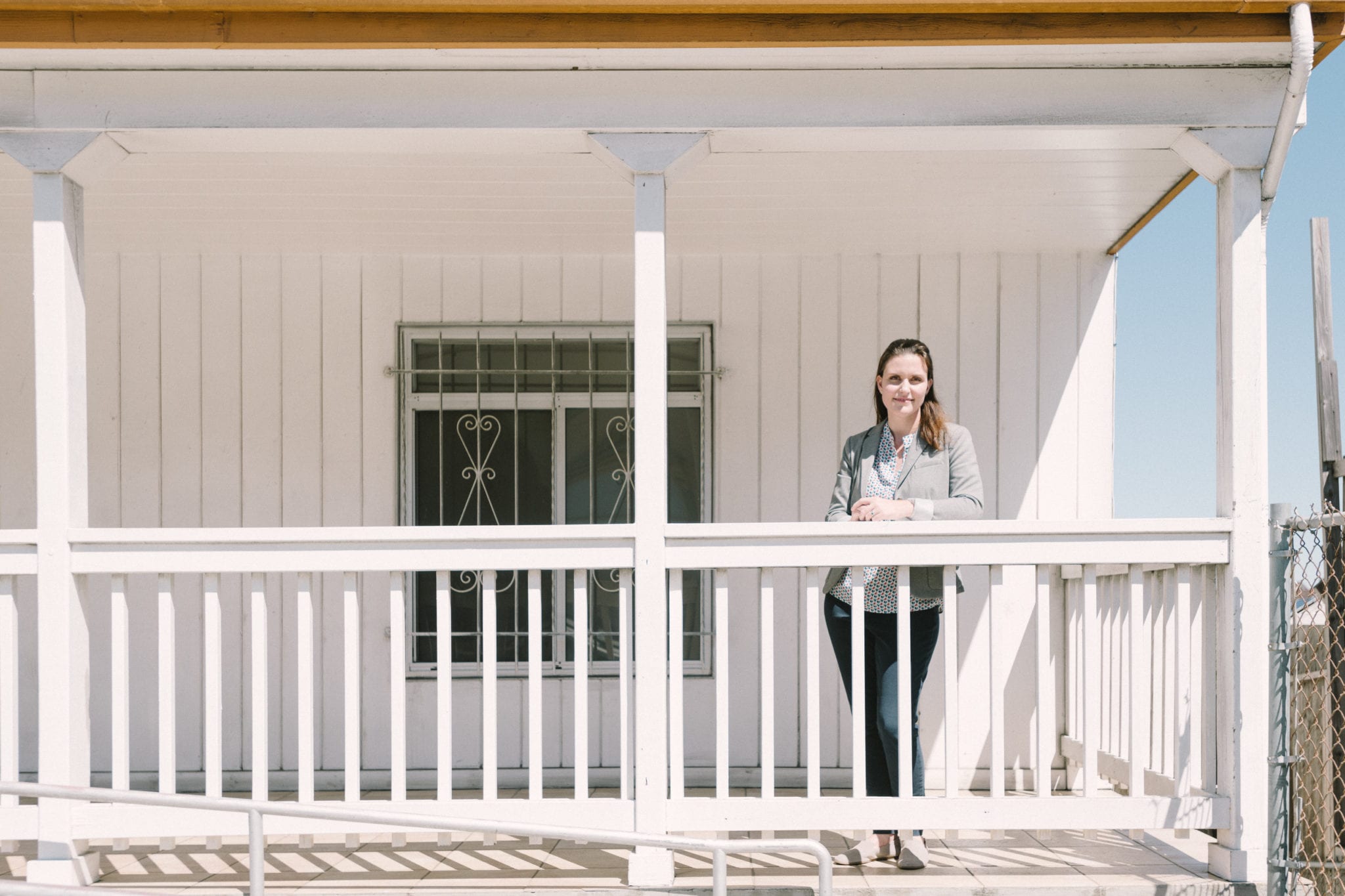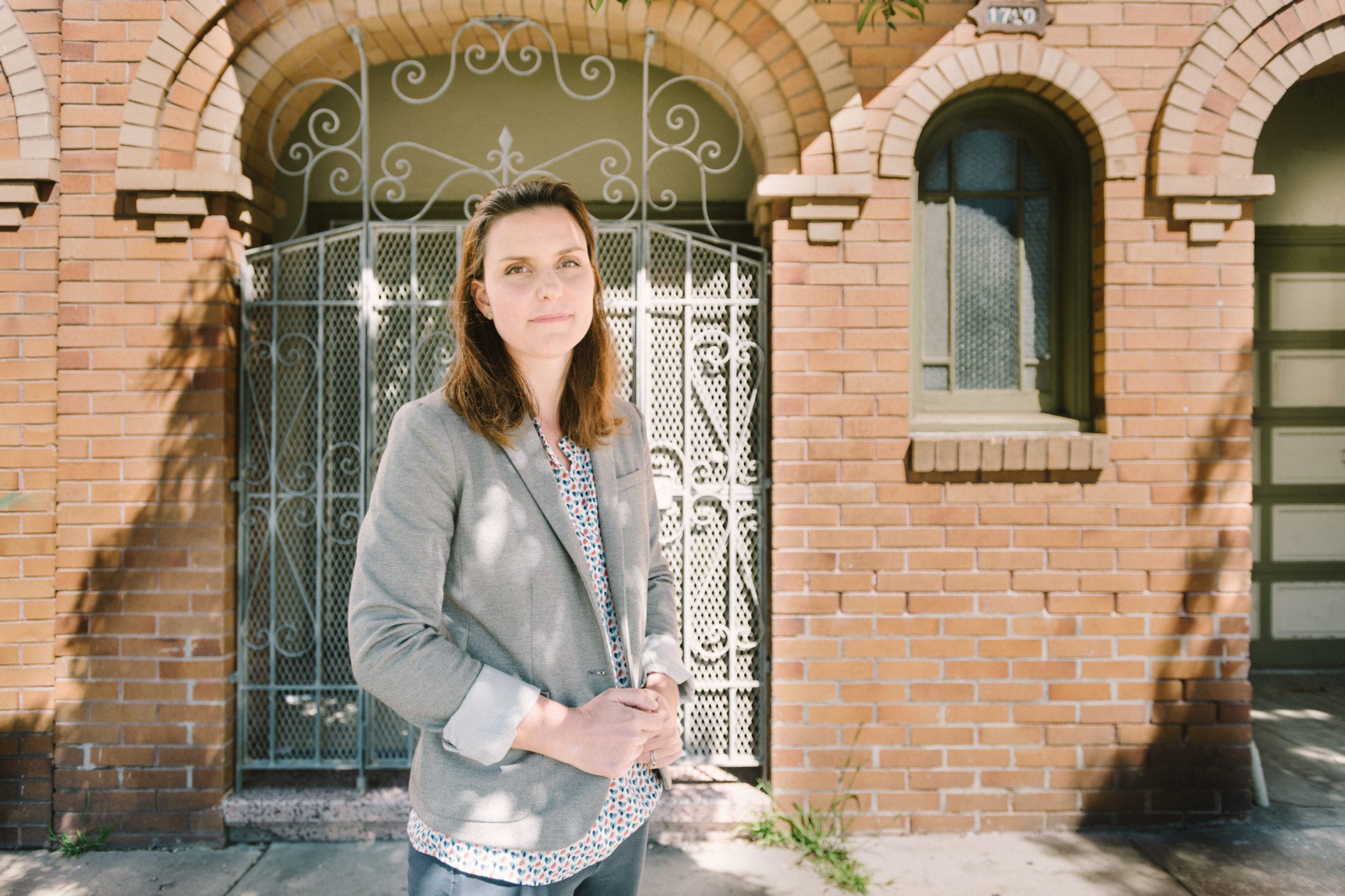Virginia
Former Legal Services Director, Co-Founder
My client never thought this type of help existed. We could have stopped after getting her transferred to livable housing, but we kept going. ‘Do you have any custody issues? Do you need to speak with a social worker? We can help you with that too.’



That all changed after an internship I had helping prisoners and their families navigate custody issues. It was incredibly difficult to find representation for these types of cases; without legal aid, our clients would have no one. I realized that, while drafting equitable laws is important, real impact is created by working with clients directly. I decided that was how I’d make a difference.
I met Adrian in law school, where he first told me about his idea for building universal access to civil legal services. ‘He’s never going to be able to make that happen,’ I thought. ‘But if he does, I’m in.’
Before I knew it, the 501(c)(3) application was in. I was shocked. We started out working on the couches in the back of the Bayview Salvation Army. We didn’t even have anything to put our computers on. Five years later, we’re moving to a new space and have opened over 1,400 cases.
Once, I had a client who wanted to withdraw money from a trust. She had no legal claim to it, so I thought we had to turn her away. Then I learned that she lived in squalor. ‘I can’t get her this money,’ I thought, ‘but maybe we can fix her living situation.’
And we did. My client never thought this type of help existed. We could have stopped after getting her transferred to livable housing, but we kept going. ‘Do you have any custody issues? Do you need to speak with a social worker? We can help you with that too.’
Eventually, we got her a rent credit and secured a custody agreement. The way that we handled this case reaffirmed what I had learned all those years ago. The law only matters if it is accessible, and that’s exactly what we’re fighting for at Open Door Legal.”
Photography © Dale Tan

